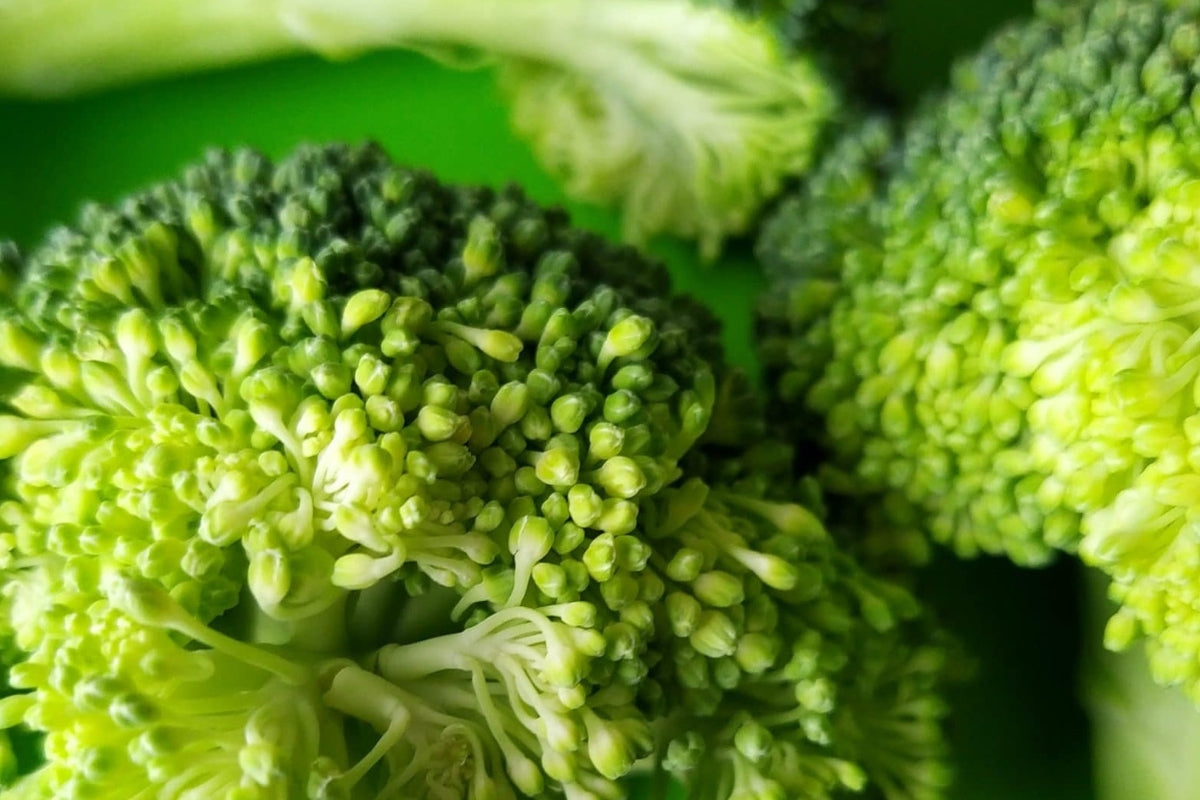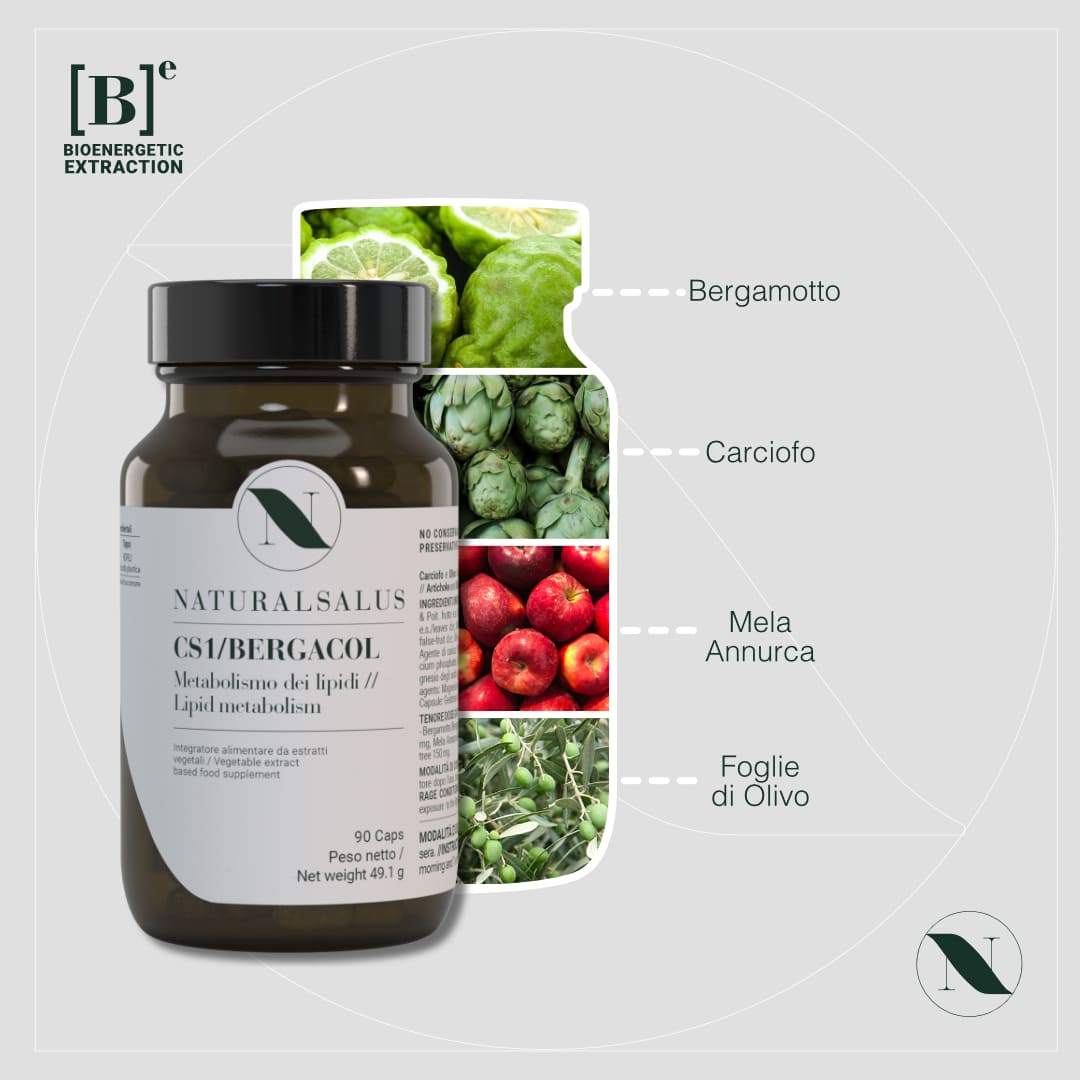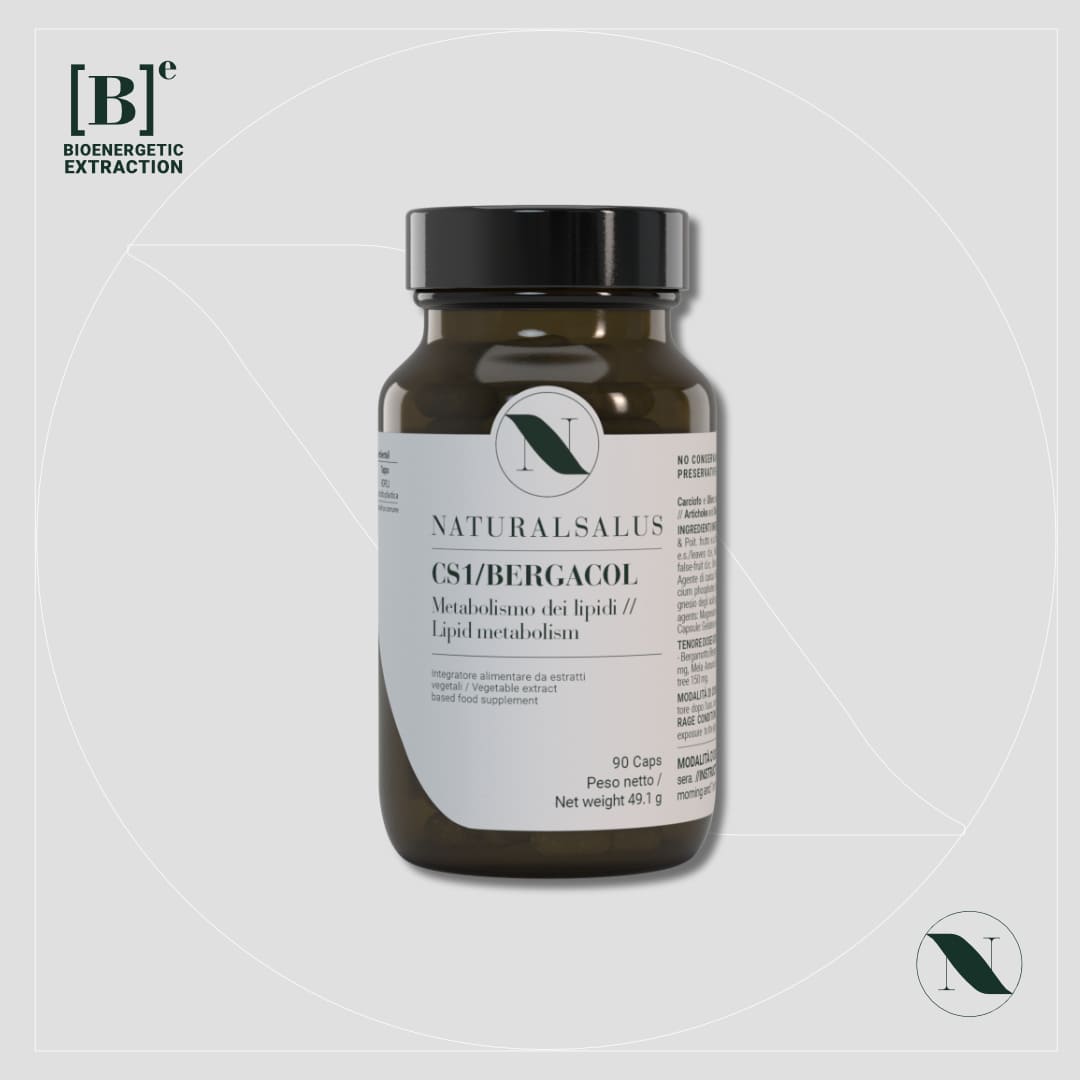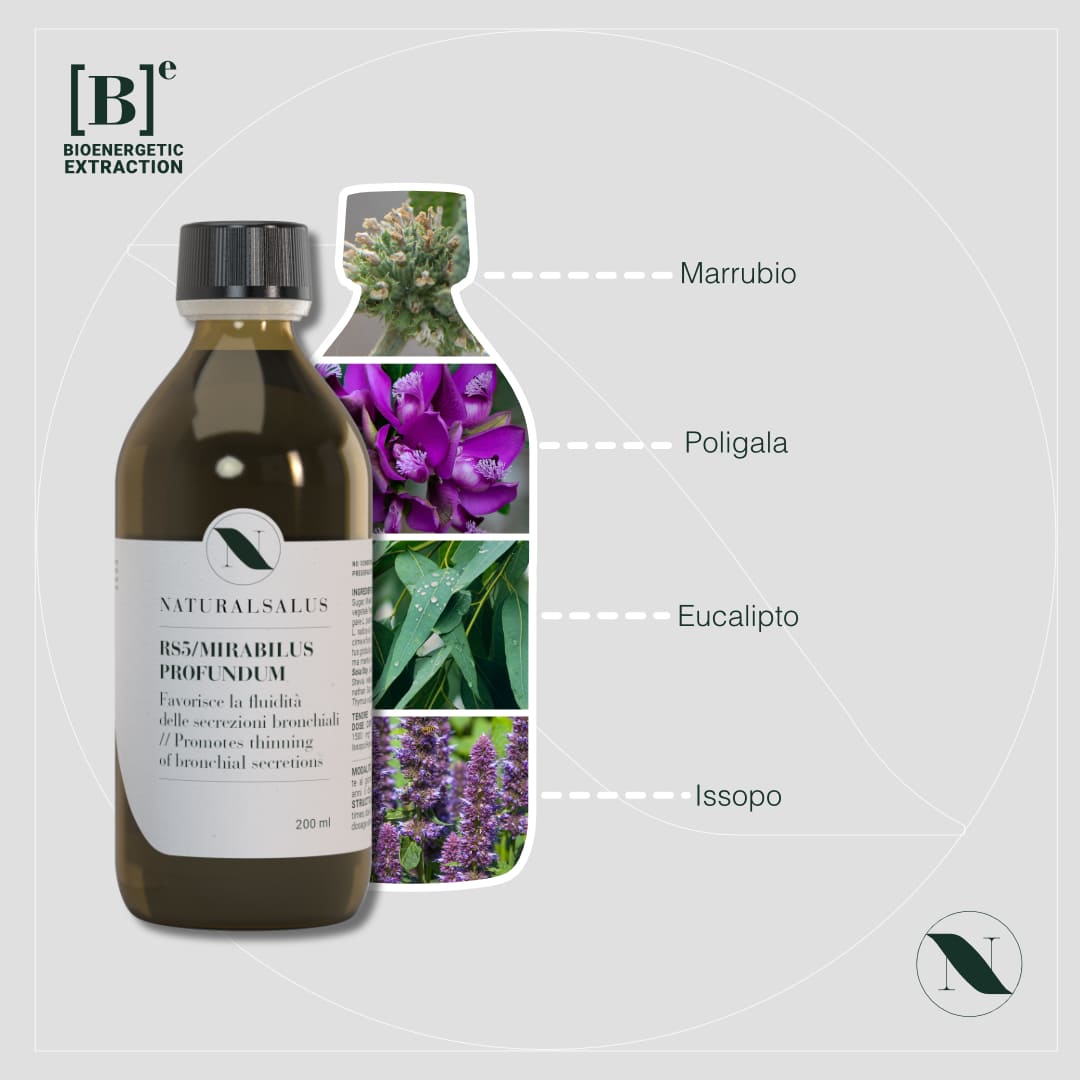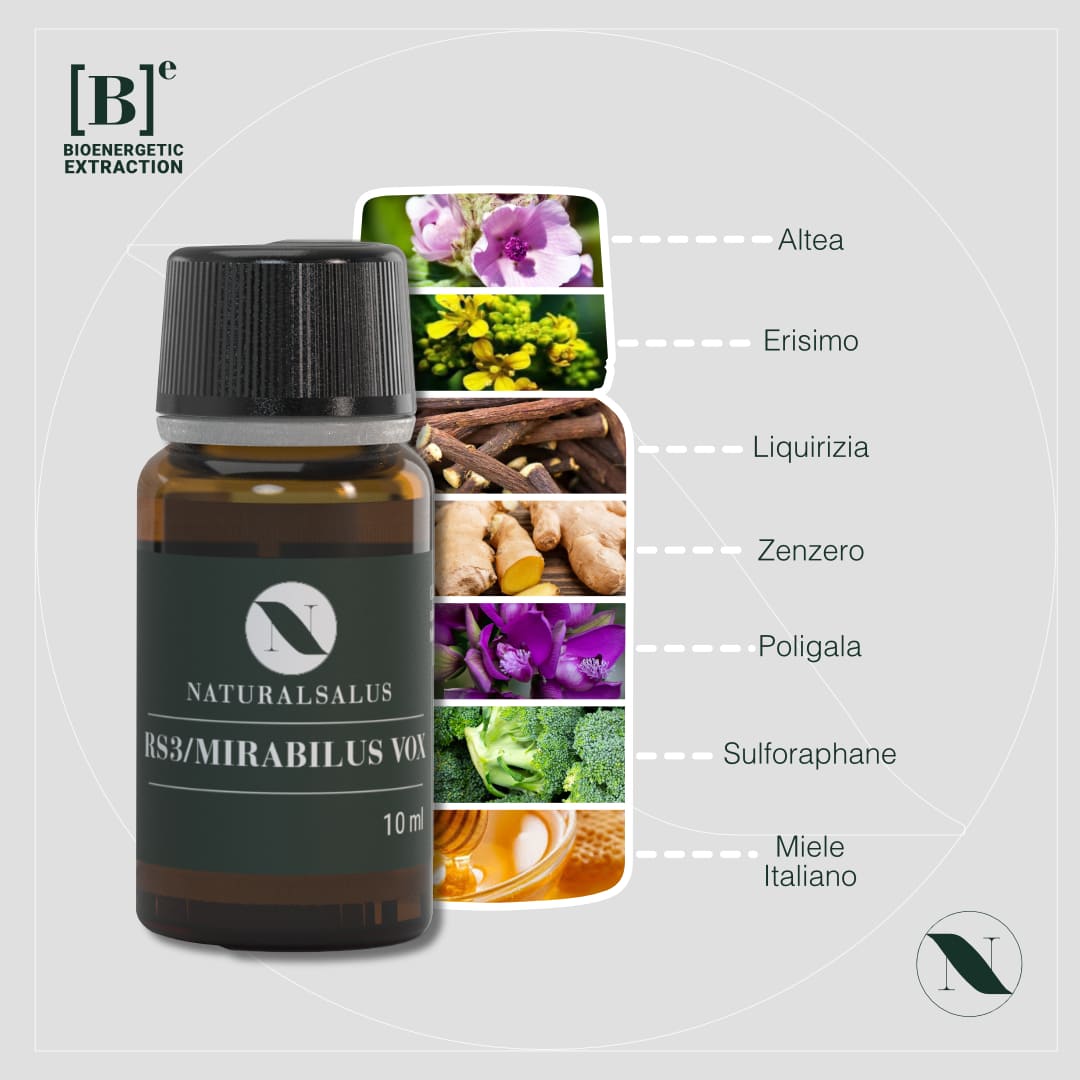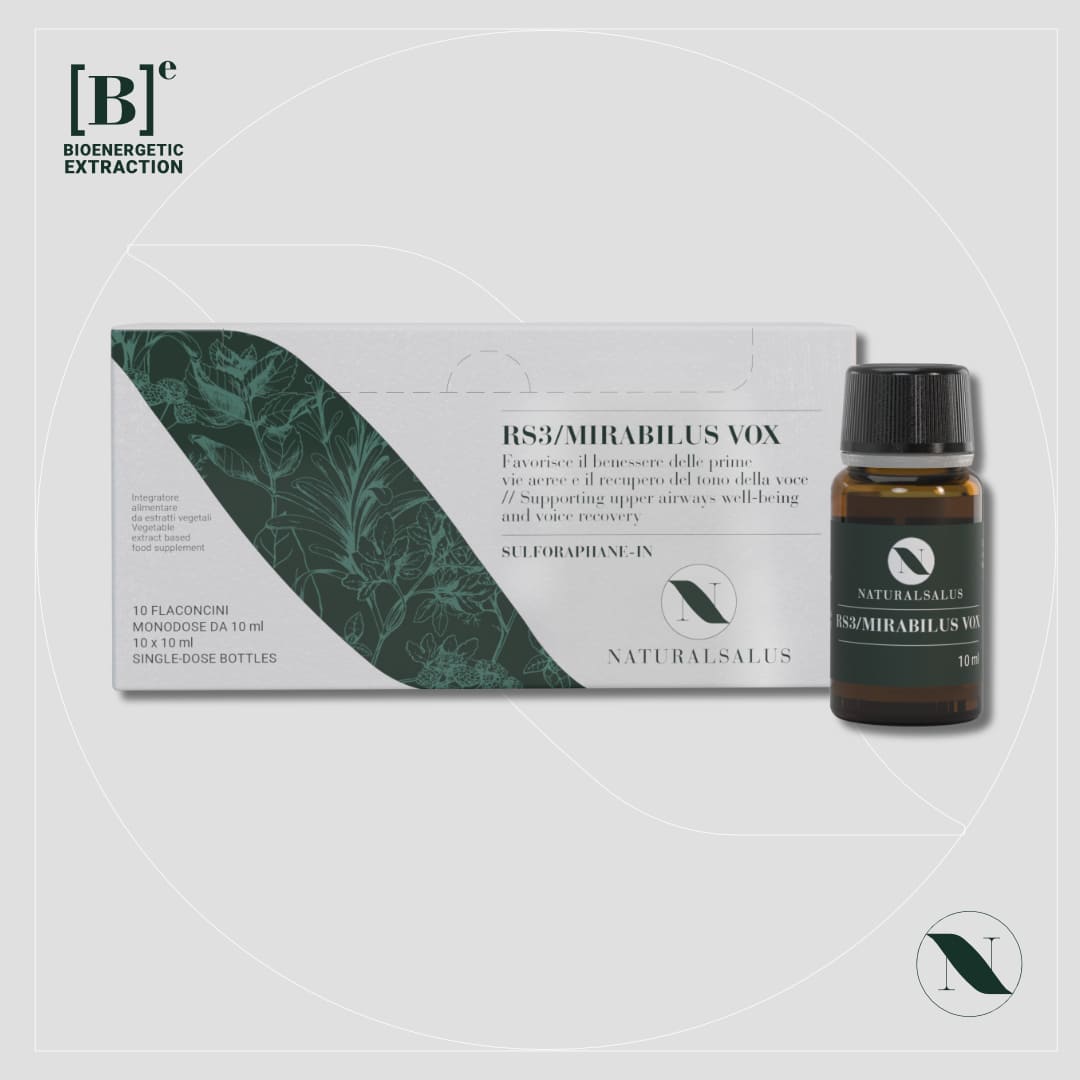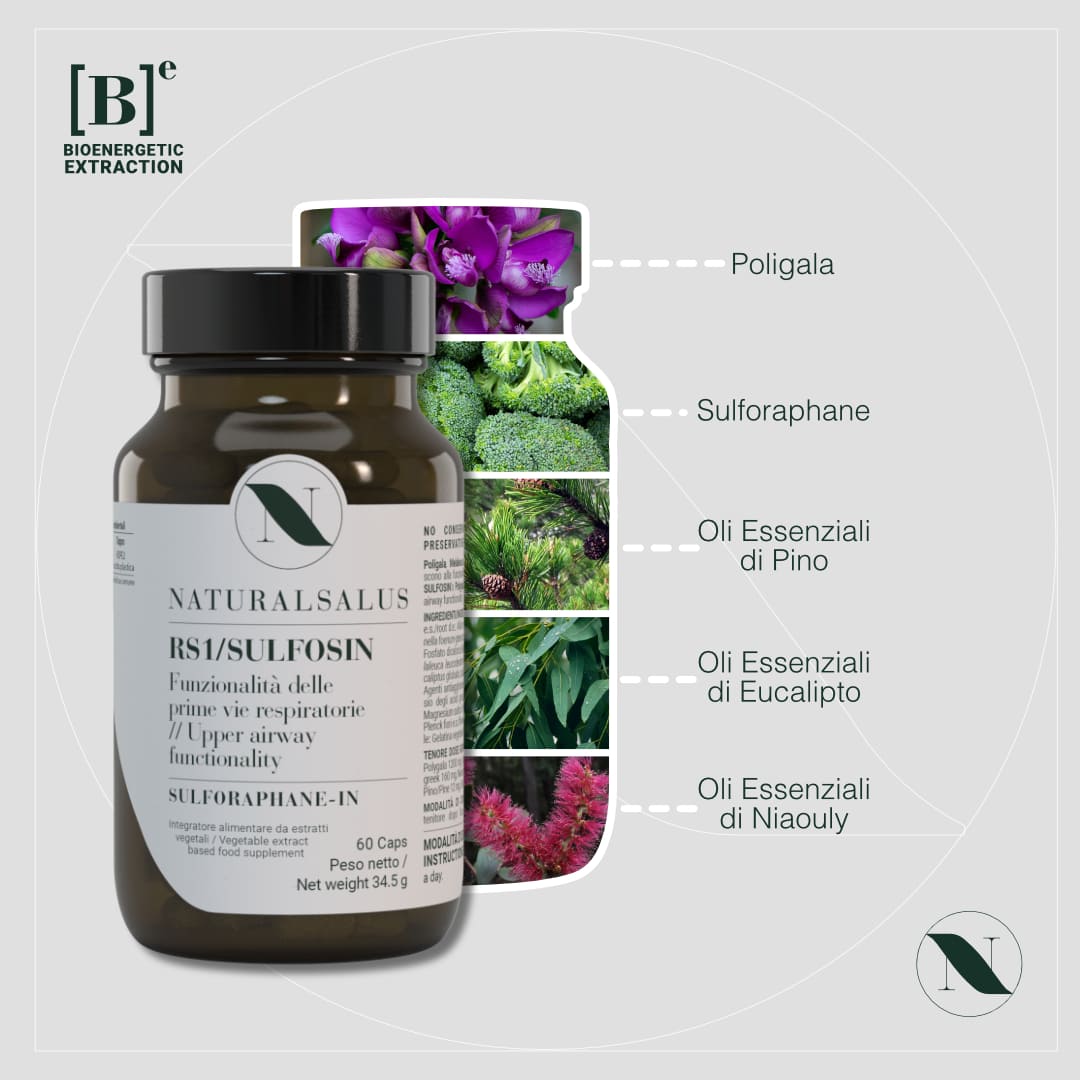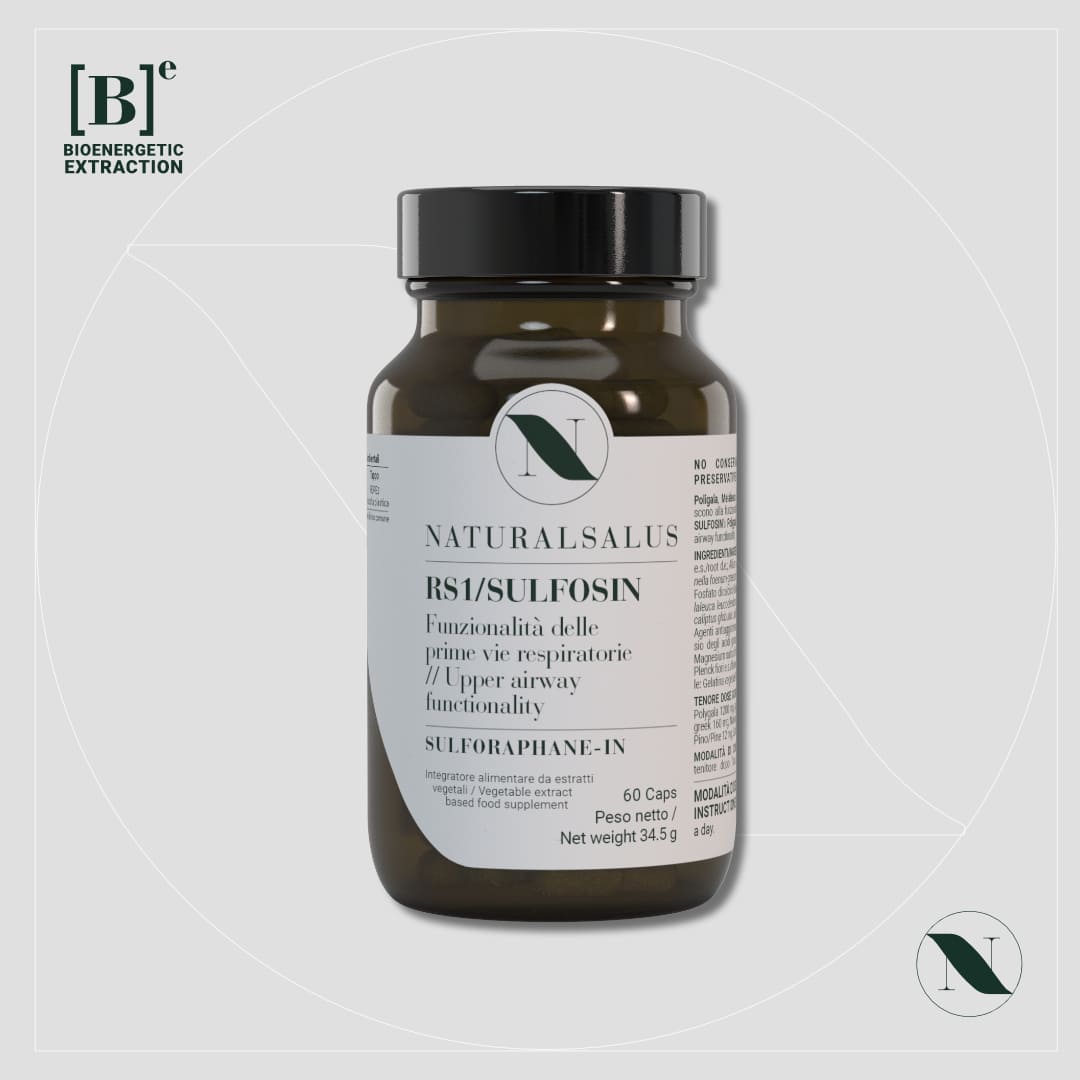"Let's take a look together at NATURALSALUS's natural remedies for intestinal problems."
Abdominal pain, swelling, constipation, particularly indicate disorders of the intestine, namely the lower digestive tract. These disorders can be very unpleasant, to the point of preventing us from carrying out our daily activities normally. Under normal circumstances, the function and health of our intestine are connected to the lifestyle we lead.
The most common intestinal disorders.
When we talk about intestinal disorders we mean the difficulty of our intestine to perform its work within regular times. These disorders are often accompanied by unpleasant symptoms. In general the most common symptoms that can affect the intestine are:
- Stomach pain
- Abdominal cramps
- Abdominal swelling
- Constipation/Constipation
- Sudden evacuations
The evacuation frequency should not be less than three times a week on average. Problems arise when this regularity is lacking, because the body needs to eliminate excess waste to remain healthy. Ideally, this should happen naturally and painlessly because it is a physiological process.
The causes of intestinal disorders:The causes of intestinal disorders can depend on various factors. Among these factors, the most common are:
- Low physical activity/ sedentary lifestyle
- Stress
- An unbalanced diet low in fiber
- Intake of few liquids
- Age
- Pathological condition, e.g. infection
Intestinal problems and imbalances are more common in the older population and among females. Additionally, in particular situations, intestinal disorders can manifest as a symptom accompanying more serious diseases such as diabetes or autoimmune diseases.
Irritable bowel syndrome.
Irritable Bowel Syndrome usually manifests with abdominal pain, altered bowel function that can vary in cases with sudden evacuations or constipation, often accompanied by a feeling of bloating. Very often these symptoms occur after meals, regardless of their composition. Even in this case women experience this disorder more frequently than men.
The causes of irritable bowel syndrome can be of biological type, meaning that the person affected tends to have a naturally sensitive intestine, or more frequently psychosocial type, thus arising from situations of psychic stress. Even in these cases, choosing an appropriate lifestyle can help prevent the onset of this disorder, but success in this case depends on the primary cause.
The intestine and its physiological function.
The intestine is an organ that resembles a tube with folds inside and is divided into the small intestine and large intestine. The division is related to the different functions of the two sections. The small intestine, further divided into the duodenum, jejunum, and ileum, is primarily responsible for the reabsorption of nutrients from food that has been chewed in the mouth and further digested in the stomach. The large intestine reabsorbs the fluids found within it and eliminates excess waste. The peristaltic contraction orchestrated by the longitudinal and transverse muscles transports the ingested food through the intestine. Various factors such as age, lifestyle, nutrition, etc. affect a person's intestinal well-being and regularity, which should normally not be less than three times a week.
The intestinal flora and its role in psycho-physical health.
The intestinal flora plays a fundamental role in the physiological function of the intestine. By intestinal flora, we mean different types of beneficial microorganisms, such as bacteria, yeasts, and archaea, that colonize various sites in our intestine. We have a mutualistic relationship with these microorganisms, meaning we derive mutual benefits from our coexistence; we feed them, provide them with a place to live, and they help us in the digestion and absorption of nutrients. In fact, various compounds such as vitamin B or vitamin K are primarily available through the metabolic activity of these microorganisms. The precise composition of the intestinal flora depends on various factors, among which the most significant is the type of food we regularly consume. Indeed, there are significant differences in the composition of the intestinal flora of vegetarians, vegans, and omnivores. It has also been discovered that these little companions of ours have a considerable influence on our emotional state. This occurs through biochemical signals through which the intestinal flora, the intestine, and the brain (eng.: brain-gut-microbiota axis) communicate and can condition our mood and mental health. This makes us understand on how many different levels an imbalance in the intestinal flora can lead to health imbalances both physical and mental. Some recent studies indicate that an imbalance in the intestinal flora may even facilitate the development of various pathologies such as diabetes or metabolic syndrome. In less severe cases an unbalanced intestinal flora causes bloating that can be more or less painful. Adopting a balanced diet and a healthy lifestyle, both from a physical and mental perspective, is therefore important to prevent the onset of these imbalances.
How to help the body in case of constipation and intestinal bloating.
We can help the body in case of constipation and intestinal bloating when the problem requires a immediate solution to resolve the perceived imbalances with a completely natural product that NATURALSALUS has created to address intestinal disorders. DS1/ TERSUS has an innovative and effective formulation that contains various plant extracts to facilitate natural regularity and combat constipation. The presence of soluble fibers called FOS, derived from Chicory root, promotes the development of intestinal flora and stimulates intestinal activity. Moreover, FOS have a soothing effect on the intestinal mucosa. The freeze-dried extract of Aloe Vera, rich in polysaccharides with probiotic function, promotes digestion. Additionally, Aloe is known for its anti-inflammatory and soothing action on the gastrointestinal tract. Papain is a so-called proteolytic enzyme, meaning it aids digestion, particularly of protein-rich foods. Angelica has a relaxing action and thus counteracts intestinal spasms and bloating that often accompany constipation. The presence of MSM, a natural source of organic sulfur, has a soothing effect on the intestinal mucosa and promotes healing. Lapaco is a plant rich in naphthoquinones that give it an antimicrobial effect. It is therefore capable of alleviating bloating caused by fermentation in the intestine. Additionally, it has a strengthening effect on the immune system. Finally, extracts of Grapefruit Seeds have an additional antimicrobial action and allow for the natural preservation of the product.
Research sources:




